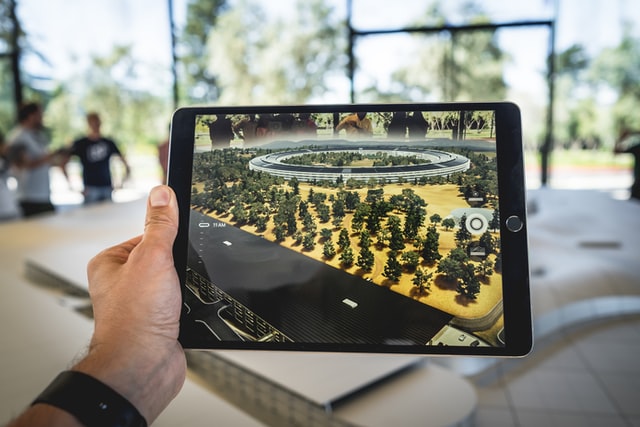Technology is in constant renewal and has a growing impact on the real estate sector. Increasingly more and more young millennials or Z generation individuals are approaching the real estate market by looking for companies that are their technologically competent.
In this article from ShBarcelona we would like to discuss some of the emerging and growing real estate trends. Especially, these which, in 2020, will help to overcome the challenges that the Covid-19 crisis has brought, through connecting professionals with customers in innovative ways.
Related article: What is Coliving?
Table of Contents
New user profiles require new technologies
Companies must evolve with society. This is why it is important that millennials and individuals from the Z generation feel connected to companies that understand them and fulfill their needs.
Digital attention is key for younger generations in deciding to contract with a specific agency or another real estate company.
Practical cases such as being able to sign a contract by distance, a virtual visit of the apartment or even the possibility of making payments online are vital for this customer profile in order to be happy and continue to use your services.
This continuous online service goes beyond supporting your client and can lead to a recommendation of your real estate company to their family and friends.



Photo by Bence Boros vía Unsplash
Technological real estate trends for 2020
There are several digital tools that a real estate agency can use to attract new customers, so here are a couple of emerging technologies in real estate.
Artificial intelligence
Artificial intelligence serves to accelerate processes. That is, the algorithms used by digital tools are useful to identify potential buyers or tenants for a particular home.
If you use a full database, you can identify all the suitable profiles for a specific property. For example, a 3 bedrooms apartment for a family consisting of parents and two children.
Photo via Rawpixel
Virtual reality and 360º tours
Customers will appreciate the possibility to see a flat in its entirety before going for a visit. With this simple gesture, both prospective buyers or tenants, as well as real estate agents will save time and money on unnecessary visits.
In addition, 360º pictures devices for real estate agencies are really affordable today, like for example, the solutions brought by Floorfy. Thanks to technological progress, any agency can access this innovative technology.
Finally, your apartments will not only be online at all time but will be an honest representation of the apartment for your customers. After all, not only will you show the beautiful pictures of the apartment, but in the virtual tour, users can move freely and discover every corner of the apartment.



Photo by Patrick Schneider via Unsplash
Big Data in real estate
The location of a property is certainly the important factor when deciding its price. Thus, having information about the values of each area within a city is key in anticipating changes and dominate a market.
Moreover, there is also the possibility to add to the price of the land, the conditions of the property, information about the neighborhood and its social facilities (hospitals, libraries, schools…).
This allows you to draw a complete map of each district and adjust the price based on all these indicators.



Photo by Franki Chamaki via Unsplash
Blockchain
Blockchain was born as a secure exchange system for goods and services. However, when it comes to applying it to the real estate sector, it also gains transparency and reduces time.
Thanks to the chain system, all network users know who the owner of a particular property is, its value as well as the monthly rent. That is, with this data available to for all, speculation goes down.
Find your apartment in Barcelona
In addition, legal processes are accelerated. Indeed, notaries are no longer needed because it is the same system that automatically verifies the document. Therefore, paperwork is reduced to a simple transaction within the encrypted system.



Photo by Austin Distel via Unsplash
Housing cooperatives
The collaborative economy has also reached the real estate sector. Housing cooperatives are used to buy a property and divide the price among all its users.
These non-profit organizations aim to acquire quality housing for all their beneficiaries at a lower cost than those of the market.
Related article: What Are Sharing Economy Platforms?



Photo by Nathan Van Egmond vía Unsplash
In conclusion, emerging property technology trends are there to stay. Thus, a real estate agency can no longer look the other way when it comes to 360º Virtual videos, artificial intelligence, Big Data or even Blockchain.
If you want to keep up with your new users or consumers, you must adapt to their technological needs.
Do you know of any other real estate trends for 2020?





















Leave a Comment